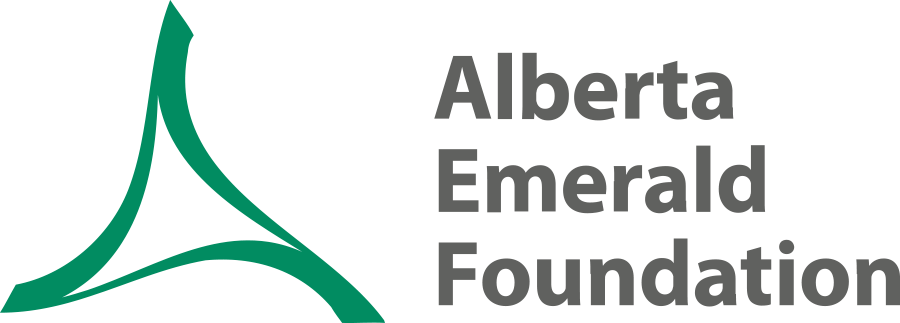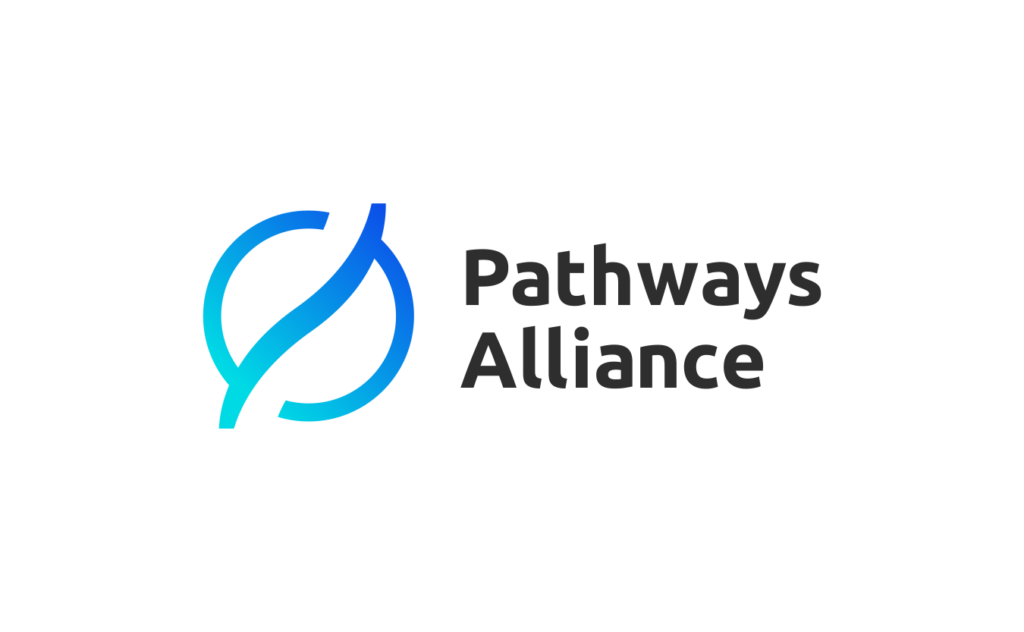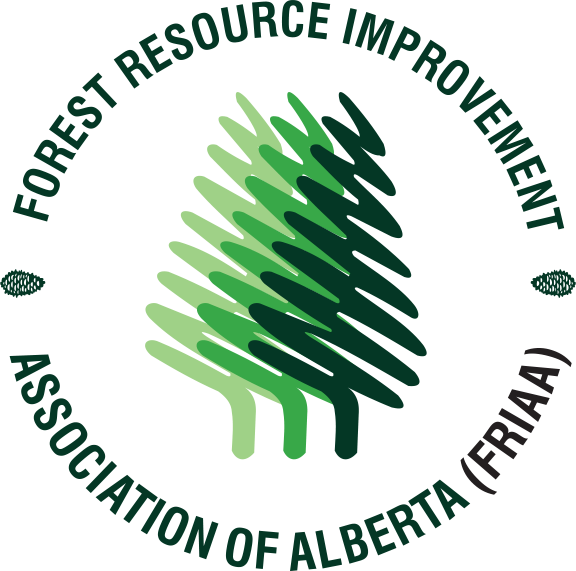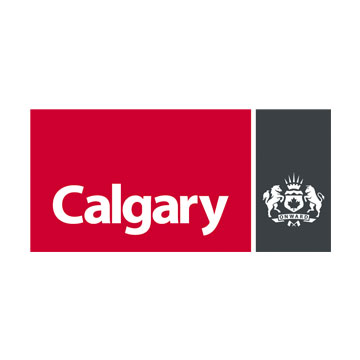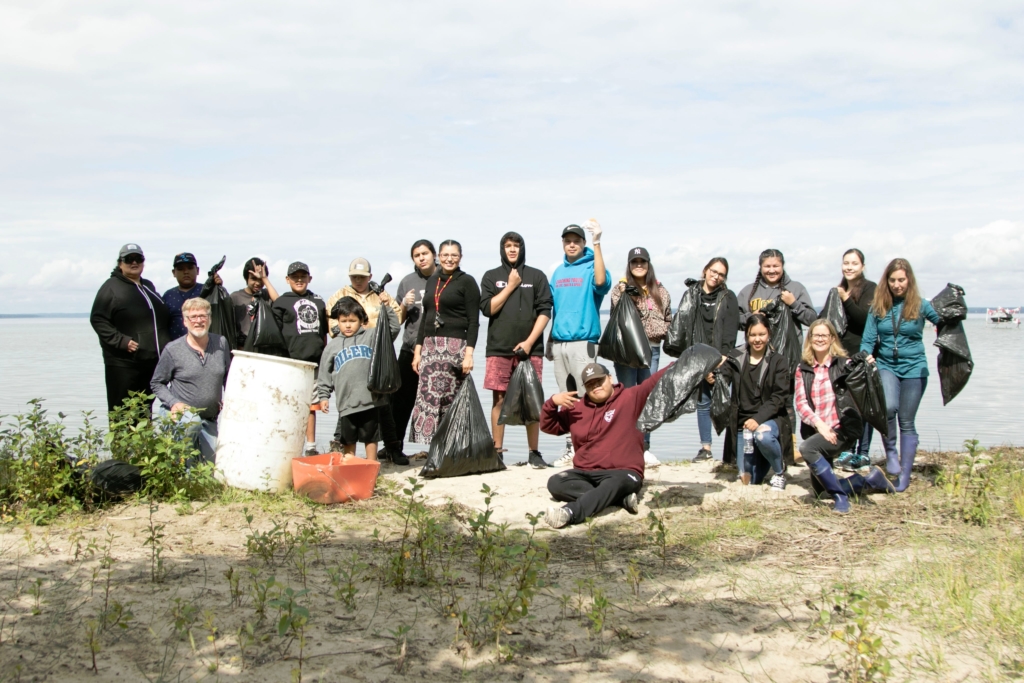
This project demonstrates the power of the Pigeon Lake Water Management Plan to strengthen community collaboration and deliver action across jurisdictions. In 2006 and subsequent years, Pigeon Lake experienced blue green algae blooms, fish kills and public health advisories—leaving local residents and politicians, looking for answers. It was quickly acknowledged that collaboration, across all 12 municipalities, was essential to executing effective watershed management. The development of the Plan progressed over several years with foundational work to diagnose the issues and build consensus–time well spent. The resulting 2018 Plan is our road map that considers both science and social considerations. Built on extensive consultation and driven by volunteers, the Plan recommends action-oriented watershed policies and beneficial practices targeted for implementation by regional stakeholders. Where once Pigeon Lake was viewed as a cautionary tale for other lake groups, it’s now considered a leader. Residents are empowered to ask for better policies, such that the Plan’s policy recommendations are now being embedded in municipal statutory plans. New beneficial management practices, such as Lake-friendly landscaping, are common among lakeshore properties. The Mamawo Mimiw Sakahikan Working Group was created by the Maskwacis Four Nations to explore regional relations around a common interest in Pigeon Lake and its health. The Plan is also a commitment to ongoing engagement, data collection and policy review to ensure best practices are always considered that will benefit the lake and watershed environmental health.
The PLWMP Steering Committee has a multi-stakeholder composition and is jointly sponsored by the Alliance of Pigeon Lake Municipalities and the Pigeon Lake Watershed Association.
